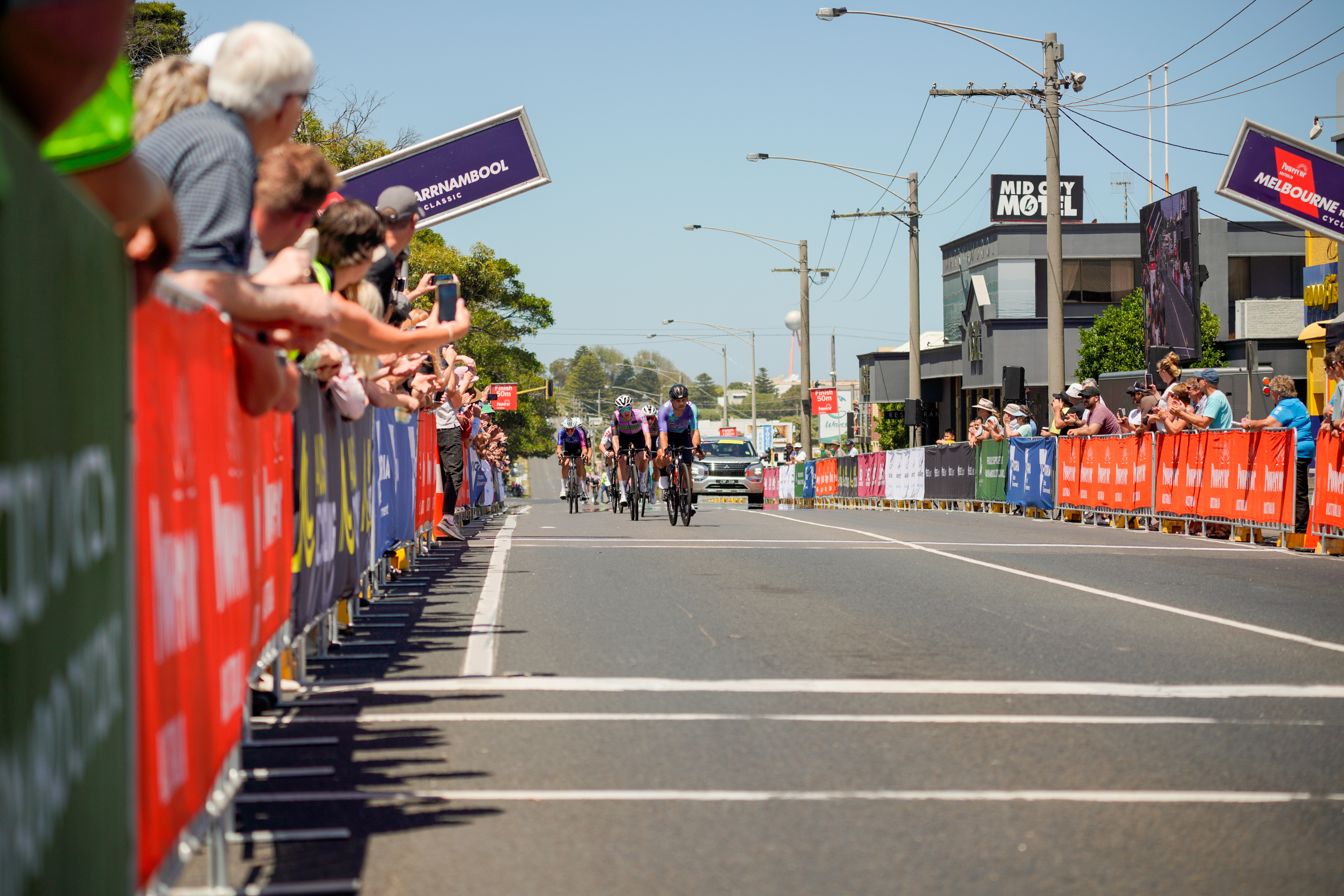Further positives from Tour samples
The International Cycling Union (UCI) announced Tuesday that two more samples from the Tour de...
The International Cycling Union (UCI) announced Tuesday that two more samples from the Tour de France were declared positive for the blood booster CERA (Continuous Erythropoiesis Receptor Activator). Two blood samples taken from Riccardo Riccò were found to contain the substance: one from the pre-Tour controls on July 4 and the second from the rest day in Pau on July 15, according to La Gazzetta dello Sport.
Riccò, who was already given a two-year suspension for twice turning up positive with the urine test for CERA, will not face further punishment for the latest results, as all four positives were for the same substance at the same event, and are considered to be one offense.
A total of six riders have been declared positive for doping during this year's Tour de France. Manuel Beltrán and Moises Dueñas tested positive for EPO, while Riccò, fellow Italian and former Saunier-Duval teammate Leonardo Piepoli and German Stefan Schumacher tested positive in the latest round of tests for CERA.
The UCI issued a statement which congratulated the French Anti-Doping Agency (AFLD) for its "excellent work it carried out during the Tour de France".
The sport's governing body is normally in charge of anti-doping controls for all major cycling events, but organizers of his year's Tour de France refused to hold the race under the aegis of the UCI after a long running battle. The race was sanctioned by the French cycling federation (FFC), and doping controls were done by the AFLD.
The UCI backed up the validity AFLD's CERA blood test results, stating, "The correspondence of the results obtained by the AFLD with the information gathered under the biological passport system confirms the reliability of the latter."
Passport program not fully functional
The latest race content, interviews, features, reviews and expert buying guides, direct to your inbox!
Despite the conflict between the UCI and the Tour organisers, the AFLD made the results of the Tour de France doping controls, including the most recent blood tests, available to the UCI for inclusion in the "biological passport" system which was started this season. But the UCI statement indicated the biological passport scheme hasn't been fully instituted. "The biological passport was introduced this year and will soon be fully operational," it said.
The UCI began testing riders at the start of the year, with the intent that regular blood and hormone values taken from each rider could allow experts to detect the effects of doping by examining fluctuations in these values over the course of the season. The UCI said that it had irregular values for 23 riders, and a "top rider" under suspicion in May. At the end of that month, Milram fired Igor Astarloa for "irregular blood values".
The UCI announced in June that it was ready to act on a "no start" rule for riders with suspect passports. However, it never formally stated any rider had been subjected to the rule. The UCI also indicated that it had begun targeting certain riders, and in August found Emanuelle Sella positive for CERA as a result.
